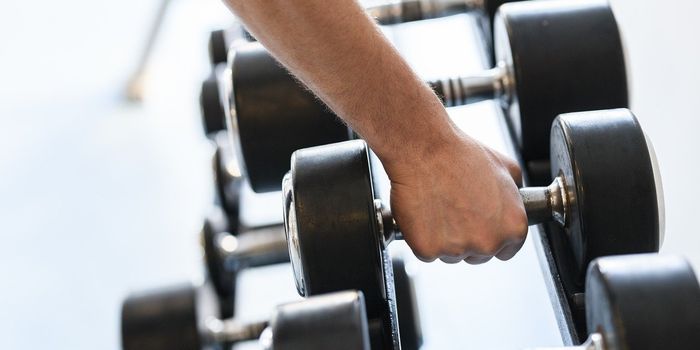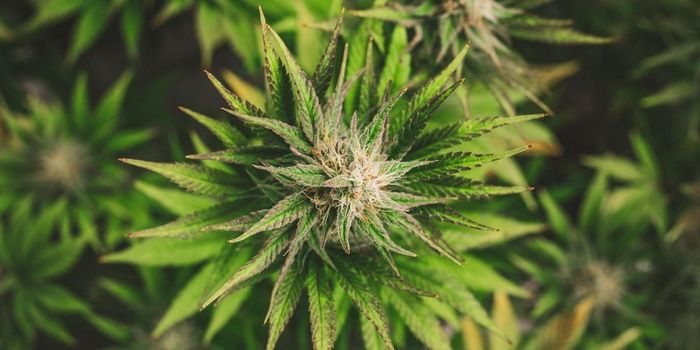Want to Become a Better Runner? Get More Sleep.
Want to get the most out of your workout routine? Don't skimp on sleep, especially if you're focusing on endurance and working out multiple days in a row. Researchers at Ritsumeikan University in Japan found partial sleep deprivation reduces endurance performance on the second day of working out two days in a row.
Controlling for diet and amount and type of physical activity, two athletic groups were compared between two days of working out to see how changes in sleep amount affected strength and endurance from day 1 to day 2. On day 1, both groups ran for 90 minutes and completed 100 drop jumps. That night, the control group slept for 8 hours and the partial-sleep-deprivation group slept for 40% of their usual sleep hours. Sleep duration's effects on endurance and muscular strength performance were then examined on day 2 after subjects ran for 20 minutes.
Variables examined were maximal strength, maximal oxygen consumption, respiratory exchange rate, and time to exhaustion. After only one night of partial sleep deprivation, participants in this group had a significantly lower respiratory exchange ratio and shorter time to exhaustion but, interestingly, had no significant differences in maximal strength or maximal oxygen consumption compared to the group that slept for 8 hours. These findings suggest that partial sleep deprivation between 2 days of working out leads to quicker exhaustion and alterations to burning fat without significant changes to muscle strength or heart or lung function.
Researchers speculate that skimping on sleep may reduce endurance by altering how the body uses glucose for energy and by shortening the amount of time muscles have for replenishing glycogen levels. More research is needed to examine these ideas and to examine the effects of sleep quality as well on exercise performance.
So how much sleep should you get after a tough workout to maximize your performance the next day? Aim for 9 to 10 hours.
Sources: Physical Activity and Nutrition









